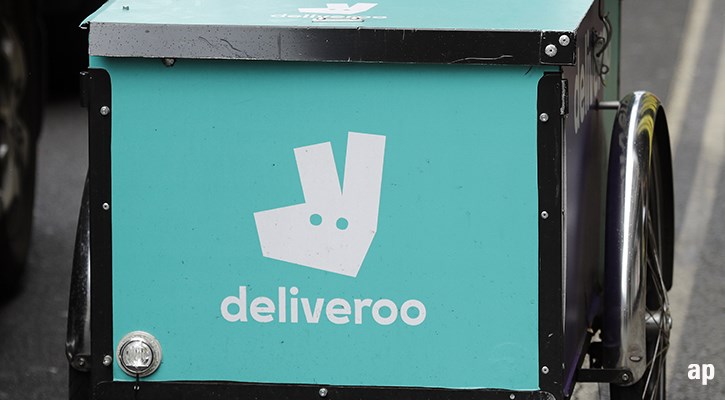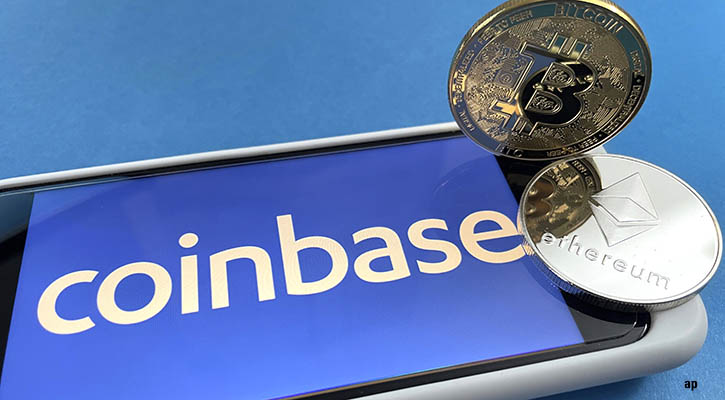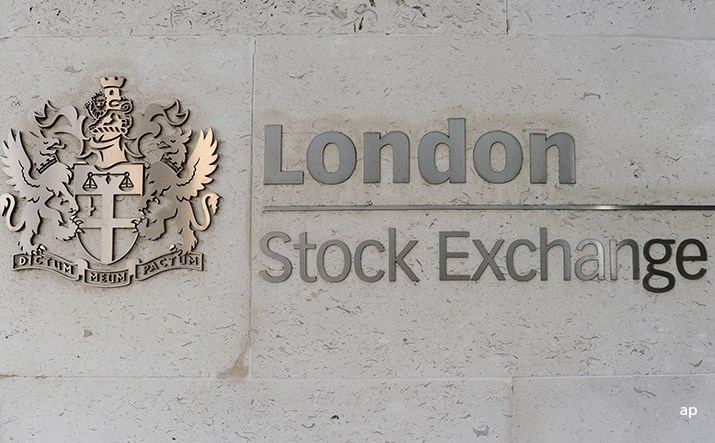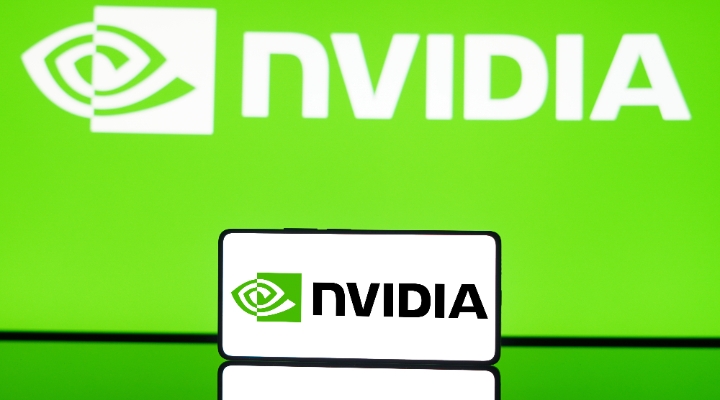
Deliveroo’s much-hyped IPO disappointed investors, and particularly those who signed up for the retail offer, but that hasn’t stopped a number of UK companies planning stock market listings in the coming months. Will investors be more wary this time, especially of anything promoted with a “tech” slant, or will they move swiftly on to the Next Big Thing?
There are plenty of tests of investor appetite on the horizon, with cyberscurity firm Darktrace floating on May 6. Former Woodford Patient Capital holding Oxford Nanopore, now 16% of the Schroder UK Public Private Trust (SUPP), will also test demand for healthcare companies in the wake of the pandemic when it floats in the second half of this year. Canadian chipmaker Alphawave IP is also planning a London listing this year.
How to Price an IPO
There are signs the Deliveroo turmoil may have had an immediate reffect on IPO pricing at least. If the delivery giant had listed at the top end of its IPO range of £4.60 a share, it would have been worth nearly £9 billion, but today’s £2.40 price means the company is worth around £4 billion. This sharp devaluation should provide a “wake-up call for investment bankers” who got caught up in the market euphoria surrounding Deliveroo, says Richard Power, manager of the Bronze-rated Octopus UK Micro Cap Growth fund.
According to Morningstar-owned research company Pitchbook, Darktrace was valued at around £3.4 billion ($4.15 billion) in early April, but is likely to float between £1.6 billion and £1.9 billion or 220p to 280p a share. Darktrace’s share structure is likely to be better received by governance-minded fund managers than the Deliveroo float, which offered two classes of share – the founder’s had twenty times the voting rights of those afforded to retail investors.
In the US at least, IPO fever appears to be in full swing with the crypto exchange Coinbase (COIN) attracting strong investor demand, helped by the ongoing excitement over Bitcoin and other digital currencies. The company floated at $250 per share and hit a high of $342, only to fall back as President Biden’s tax plans scared investors out of risky assets. In Europe too, the pre-IPO market is in rude health (we’ve previously written an explainer on how companies raise money before they float). According to Pitchbook, the value of European venture capital deals hit a quarterly record in Q1 and could hit a new record this year if this trend continues.
UK in the Thick of It
Brexit hasn’t meant the UK has been shut out of this bonanza either. “The UK continues to carve out its new role outside the EU while simultaneously remaining among the most competitive and attractive economies in the world," says Pitchbook private capital analyst Nalin Patel in the latest European Venture Report. "In the long run, prominent UK-based startups could play a key role in retaining talent and attracting new overseas investment. The UK is home to some of the most valuable VC-backed companies globally."
Data from London Stock Exchange shows that the first quarter was a buoyant period for new listings. Some 11 companies joined the Main Market in the first three months of 2021, raising £1.2 billion – and this doesn’t include Deliveroo, which went live in early April. A year ago, five companies raised £406 million through going public, and in 2019 four companies raised £441 million.
While Covid-19 was inevitably a factor in Q2 2020 when just two companies listed, the same number of companies listed in 2020 as a whole as in 2019. Assuming the momentum continues and more than 10 companies list each quarter, 2021 could be the best year for flotation numbers since 2017.
Why Float?
With stock markets remaining in an upbeat mood and last year’s extreme volatility unlikely to return, these are benign conditions for company founders and their backers to capitalise and sell out a portion of their holdings.
But going public also has more tangible benefits to companies after they float, says the Octopus's Power. Access to readily available capital is a key part of floating, as seen in 2020 when many companies like Compass (CPG) and Whitbread (WTB) went to their shareholders for money to see them through the pandemic crisis. (So-called corporate actions like rights issues and share placings are distinct from the IPO process and often involve companies issuing more shares on top of the existing "float".)
The benefits of being listed is one reason why there’s still a long line of companies wanting to float this year, says Power. Still, after Deliveroo investors may be more cautious on how much they pay for companies coming to the market for the first time, says Susannah Streeter, an equity analyst at Hargreaves Lansdown. “More accurate pricing is crucial to maintain retail investors enthusiasm for IPOs going forward,” she says.





























